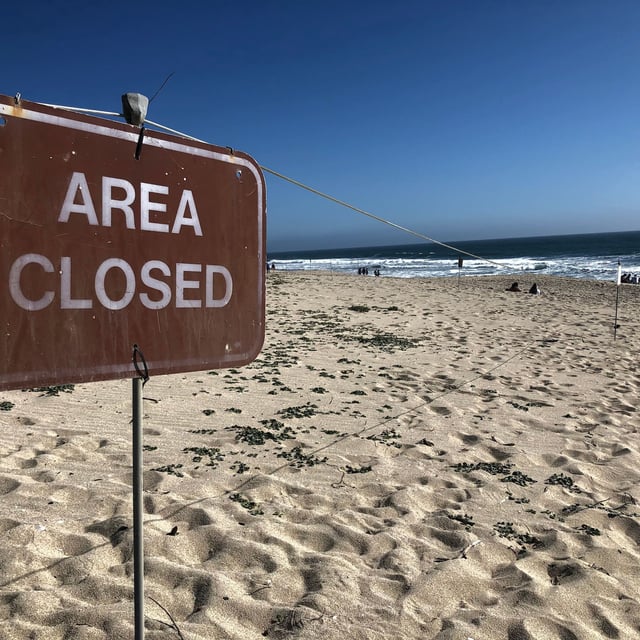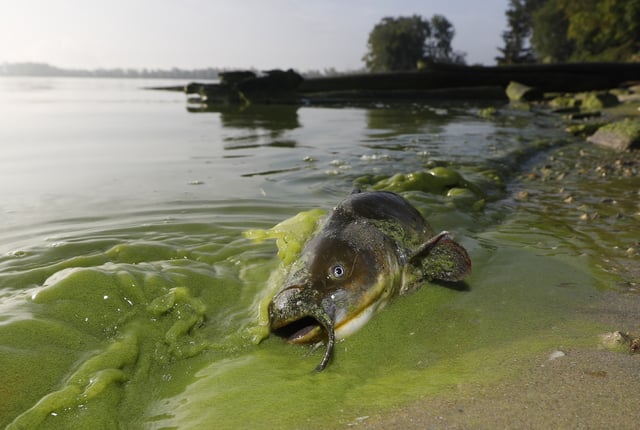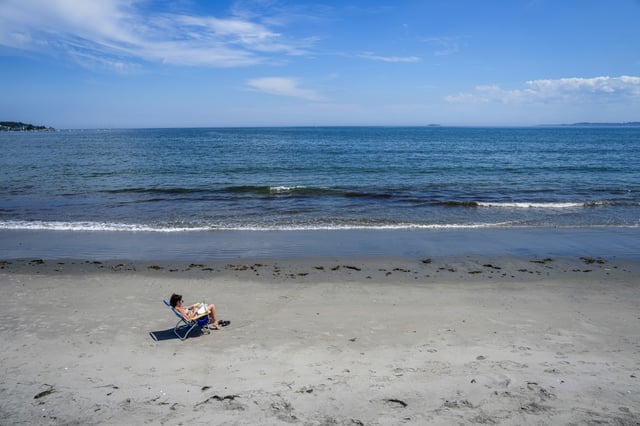Overview
- By July 3–4, at least six states including Michigan, Massachusetts, New York, Illinois, California and North Carolina closed or warned against swimming at dozens of beaches and lakes due to E. coli and enterococci exceeding EPA guidelines.
- Michigan’s Department of Environment, Great Lakes and Energy closed seven public beaches and put additional sites under advisories after routine sampling detected high E. coli concentrations ahead of the holiday weekend.
- Testing frequencies vary by state—with Illinois conducting biweekly checks—leading to inconsistent timing of warnings even as all follow EPA safety thresholds for fecal bacteria.
- Officials have also flagged cyanobacterial blooms in Lake Norman and growing vibrio concerns in coastal waters as warmer temperatures accelerate bacterial proliferation.
- Sewage overflows, agricultural runoff and stormwater continue to be primary contamination sources and experts warn that seasonal heat and extreme weather episodes are intensifying water-quality risks.


